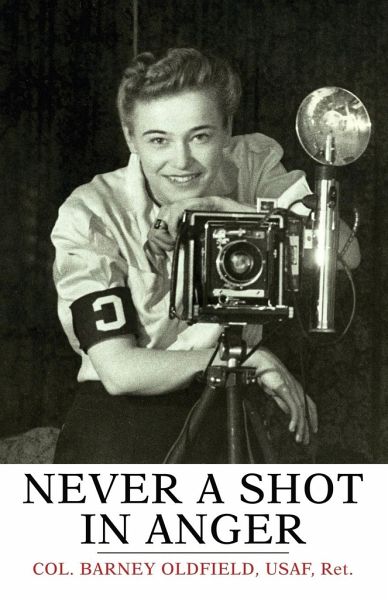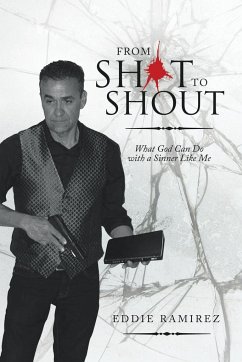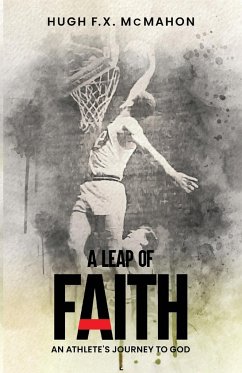
Never a Shot in Anger
Versandkostenfrei!
Versandfertig in 1-2 Wochen
19,99 €
inkl. MwSt.

PAYBACK Punkte
10 °P sammeln!
First published in 1956, Never a Shot in Anger is Colonel Barney Oldfield's thesis that World War II was the high-water mark of what he believes is a rapidly vanishing profession-that of the war correspondent. As a public relations officer who knew most of the correspondents to cover World War II, he treats them from a new point of view and sees most of them in less heroic, but more humorous, proportion than they have seen themselves. A complete roster of the more than 1,800 U.S. accredited war correspondents is included in his book. Never a Shot in Anger is full of unusual incidents, none mor...
First published in 1956, Never a Shot in Anger is Colonel Barney Oldfield's thesis that World War II was the high-water mark of what he believes is a rapidly vanishing profession-that of the war correspondent. As a public relations officer who knew most of the correspondents to cover World War II, he treats them from a new point of view and sees most of them in less heroic, but more humorous, proportion than they have seen themselves. A complete roster of the more than 1,800 U.S. accredited war correspondents is included in his book. Never a Shot in Anger is full of unusual incidents, none more comforting to the author than the one which discloses how he made good on a wild prophecy. Barney reported in 1942 to Lieutenant Colonel James M. Gavin, regimental commander of the 505th Parachute Infantry. Gavin saw no use for Barney's crazy-quilt background of press and publicity, saying, "The 505th is going to fight and doesn't need a press agent." Barney jested that Gavin might be the one to "lead the boys home in victory someday, and you'll need one then." Gavin waved him off, but on January 12, 1946, Major General James M. Gavin did march ahead of the 82nd Airborne Division up Fifth Avenue in New York "representing all the troops of all services who fought in World War II." And making many of the press, radio, photographic, and newsreel arrangements ahead of that march was Lieutenant Colonel Barney Oldfield-just as he had predicted. From early maneuvers in Tennessee and Louisiana all the way through to the Victory March on Fifth Avenue, Barney Oldfield was in the thick of the melee, the man in the middle, the military public relations officer who tried to satisfy the insatiable appetite of the press while staying within the bounds of military security. Both sides gave him a rough ride most of the way-from Grosvenor Square to the rubble of Berlin. Famous names are included in these pages-by-liners of the great newspapers and magazines, radio commentators, columnists, photographers, and the top generals of the European Theater: Eisenhower, Patton, Bradley, Montgomery, Parks, Simpson, Gavin. Their personalities, foibles, orders, clashes with the press, achievements provide much of the material for the book. If Barney Oldfield's problems were many, they were also funny at times. He talked a bunch of news-hawks into becoming paratroopers. He played St. Nicholas to a group of Dutch orphans when the Battle of the Bulge was breaking a short distance away. He lugged a typewriter 75 miles into German held territory to get the story of a lieutenant with a 24-man platoon who had "surrounded" a German army of 20,000 men. He kept his Ninth Army press camp so close behind the advancing troops that it was first over the Rhine...but these are just a few of the intimate and entertaining tales Barney describes in Never a Shot in Anger.












